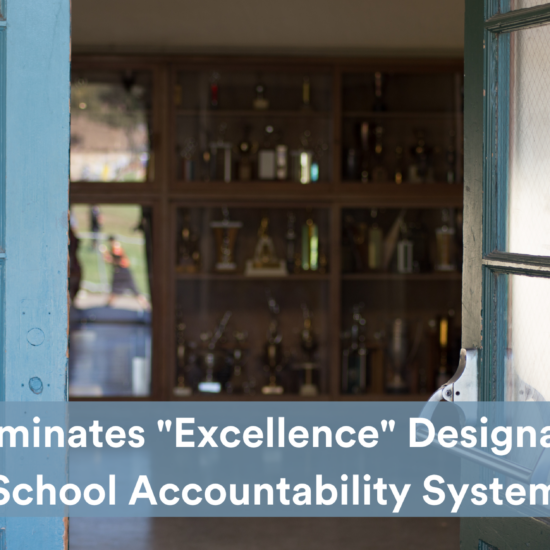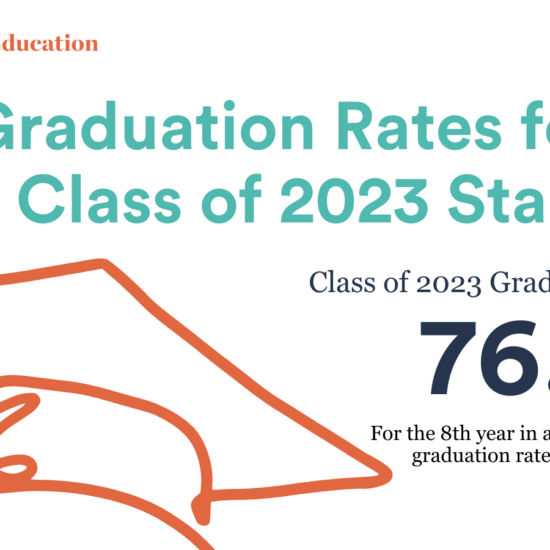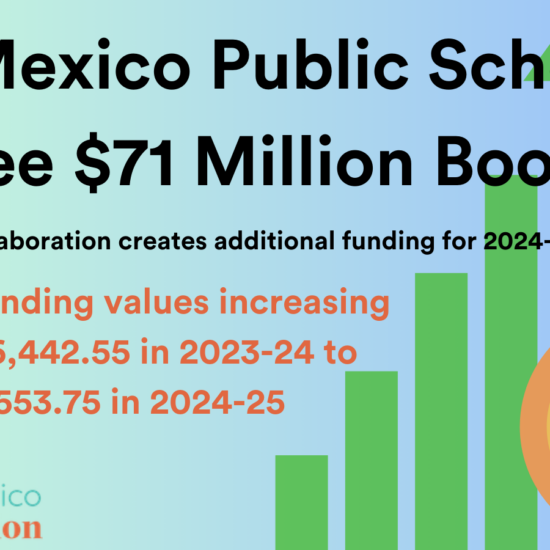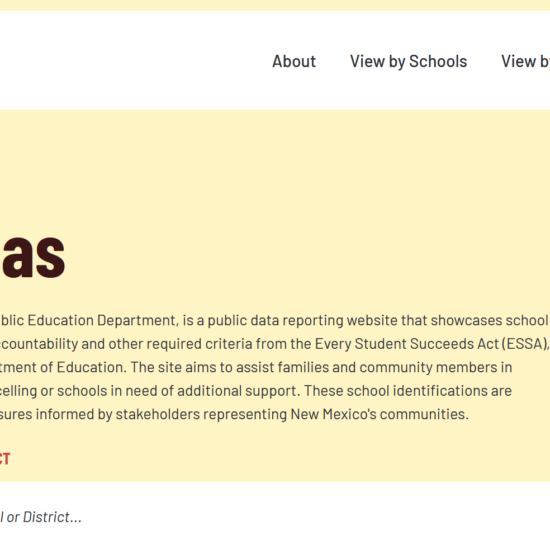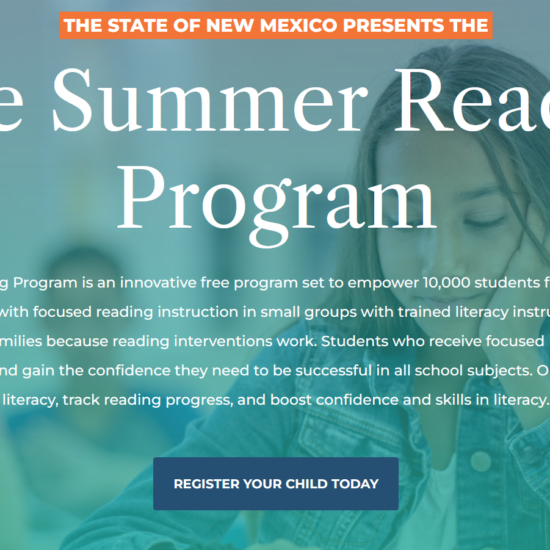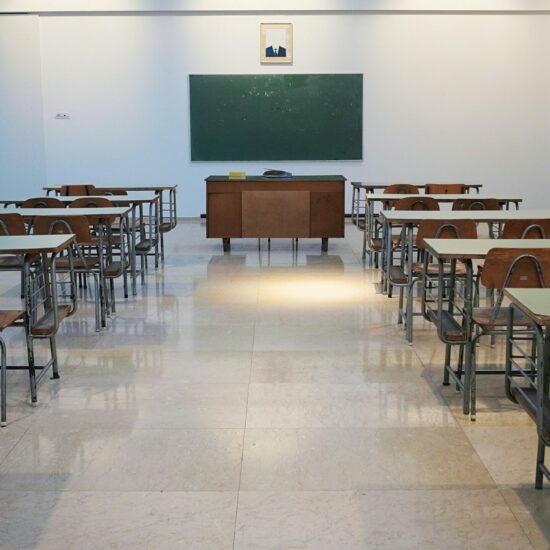
In a sternly-worded letter addressed to district leaders, New Mexico’s Secretary of Education, Arsenio Romero, has issued a call for accountability in the state’s education system, citing concerns over persistently low-performing schools and the need for excellence.
In the letter, Romero expressed alarm over the high number of under-performing schools and the impact this has on the state’s students and its future. He wrote, “Far too many of our schools are under-performing, and students statewide have low reading and math proficiencies. This is unacceptable. It is time for accountability.”
Romero’s letter was sent November 21, following the delayed release of student performance data and school designations, which are determined based partially on student academic proficiency and graduation rates.
While there was a four percent statewide increase in reading proficiency for the 2022-2023 school year, there was also a slight decrease in math proficiency. The statewide reading proficiency was reported at 38 percent, while math proficiency was lower at 24 percent.
Romero underscored the need for accountability at all levels of the education system, writing, “We owe this accountability to our state’s most precious resource: children.” He called for a break from the status quo and demanded excellence from everyone involved in New Mexico’s education system.
Romero also highlighted success stories in the data, pointing out that improvements in reading scores were observed across various student subgroups, including English language learners, students with disabilities, economically disadvantaged students, and Native American students. The notable progress in reading proficiency among Native American students, rising five percentage points above 2022 results, was particularly encouraging.
Despite these bright spots, Romero acknowledged the persistent low student achievement results and achievement gaps that have plagued New Mexico’s public schools for decades. He stressed the need for change and called on all stakeholders to embrace a bold vision for accountability.
Romero’s letter also touched on the significant financial investments made in the state’s education system since 2019 by Governor Lujan Grisham and the legislature. However, he noted that historic academic gains had not followed these investments, especially for students from disadvantaged backgrounds. Romero wrote, “Gov. Lujan Grisham and New Mexico legislators have invested billions of dollars in the state’s education system since 2019 – levels never before seen in history – but historic academic gains have not followed. Statewide, barely a third of students are proficient in reading and less than a quarter are proficient in math, and these results are worse for students from low-income families and with disabilities, English learners, and Native American students. That must change.”
Romero went on to write that the PED is working on its budget, and, “NMPED’s proposed budget to the legislature this year will be focused on accountability.”
The letter concluded with a call to action, urging parents, teachers, administrators, policymakers, and the community, to come together and work towards building a brighter future for New Mexico’s children.


